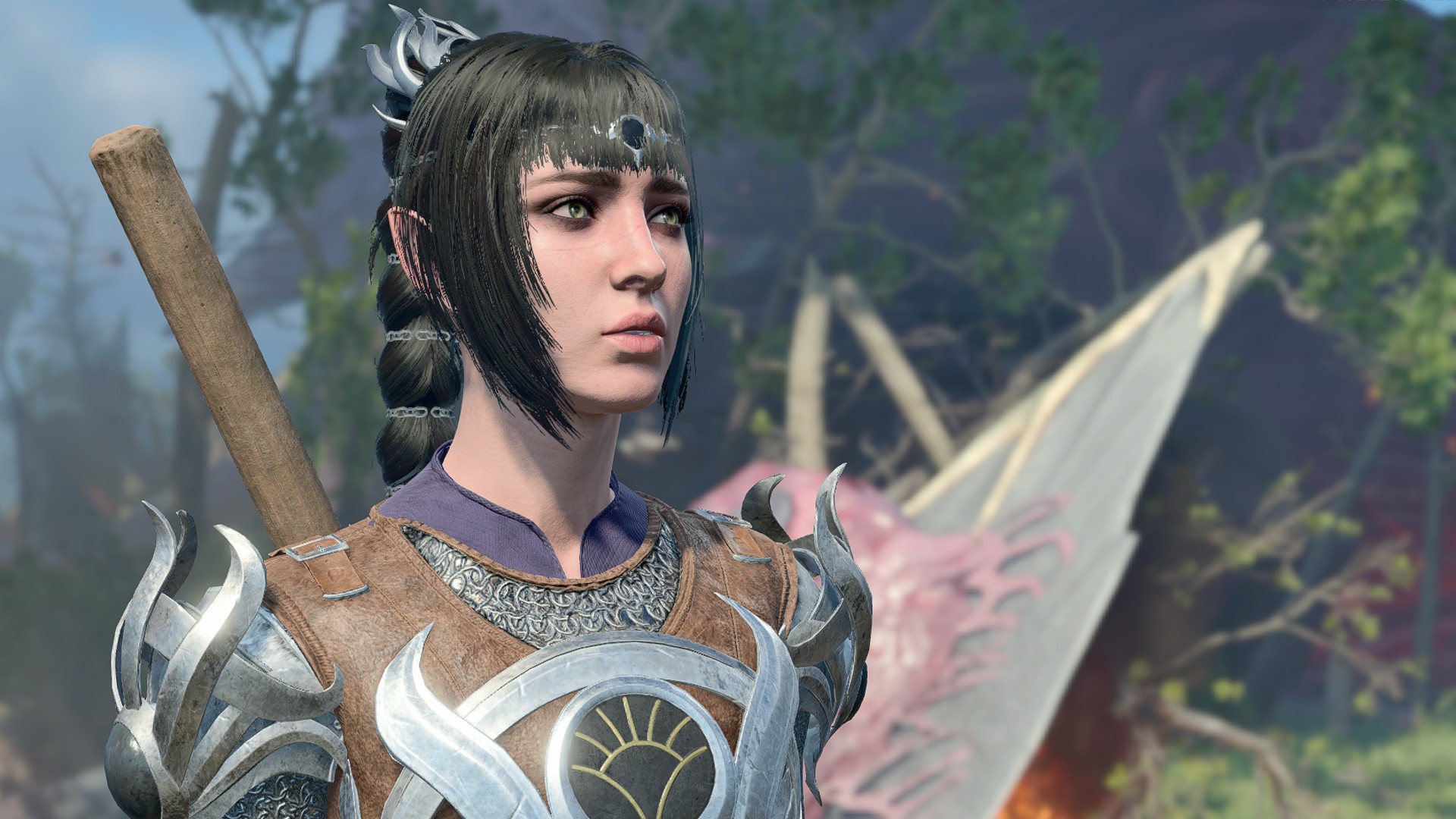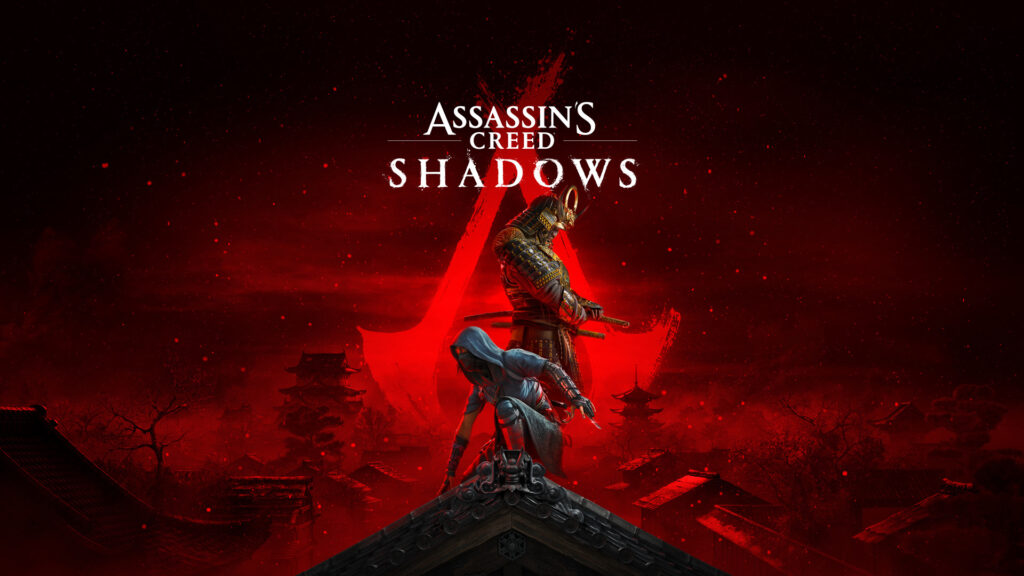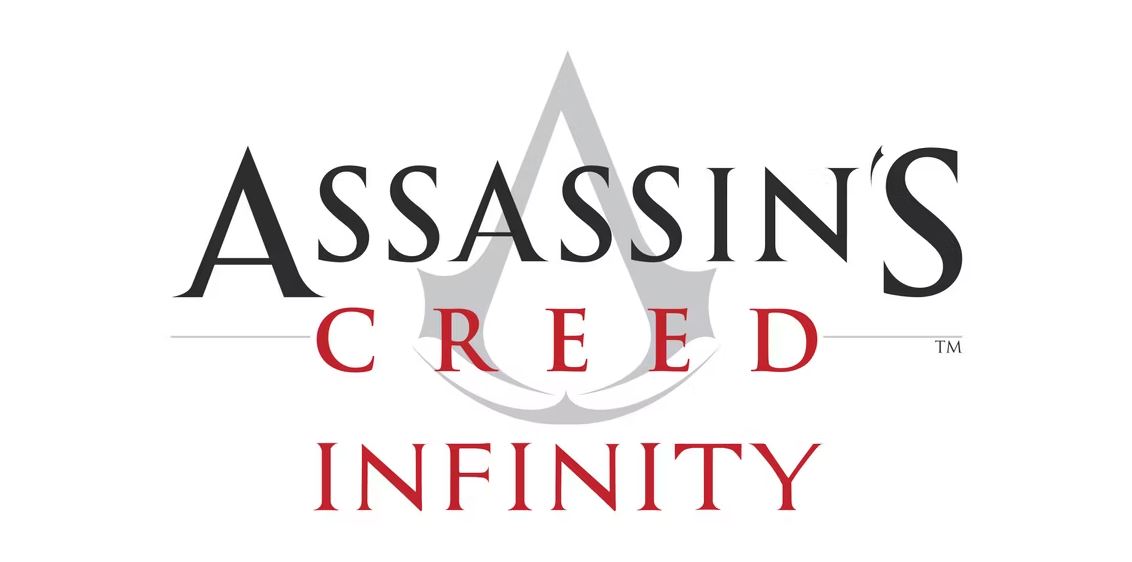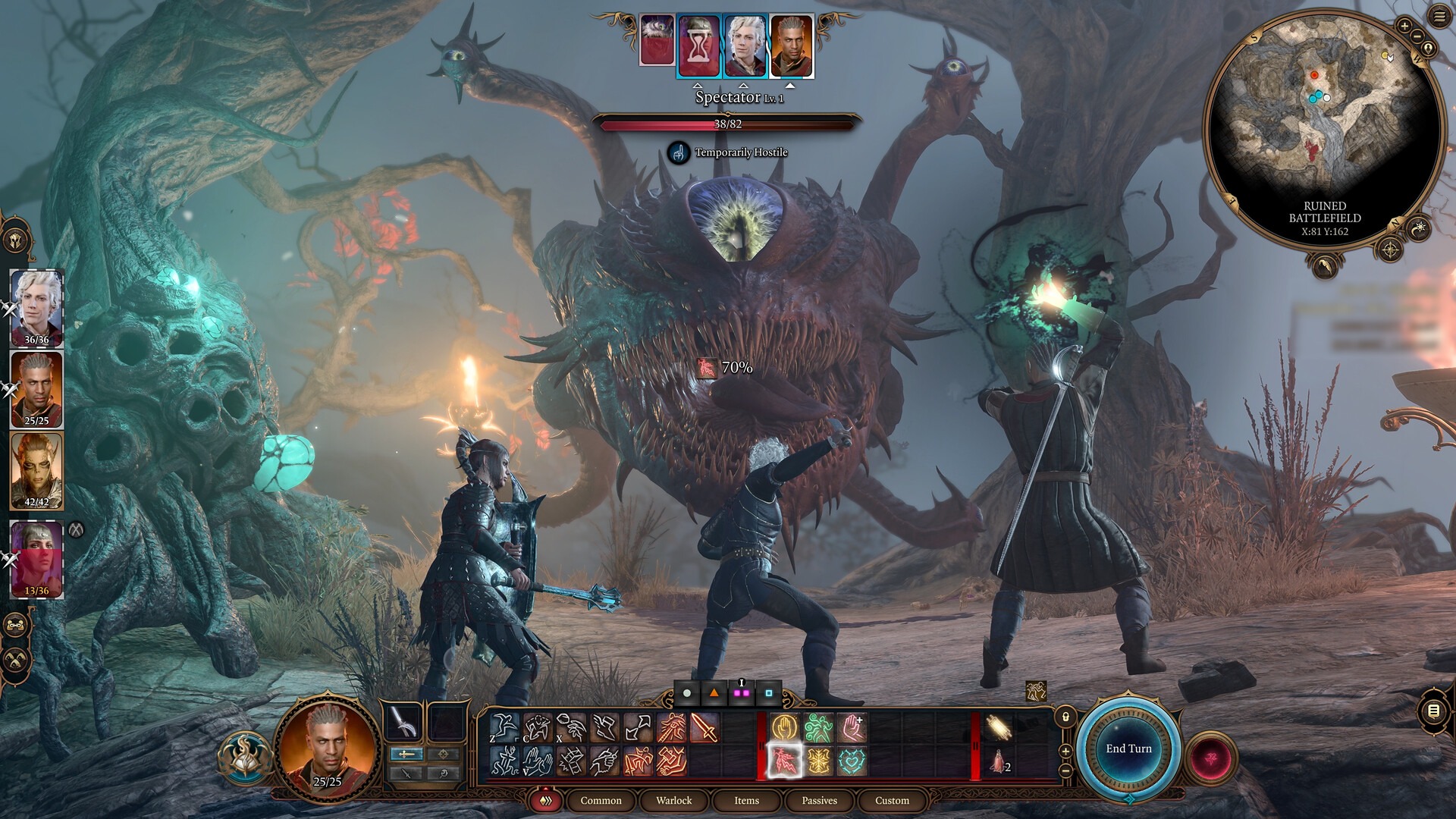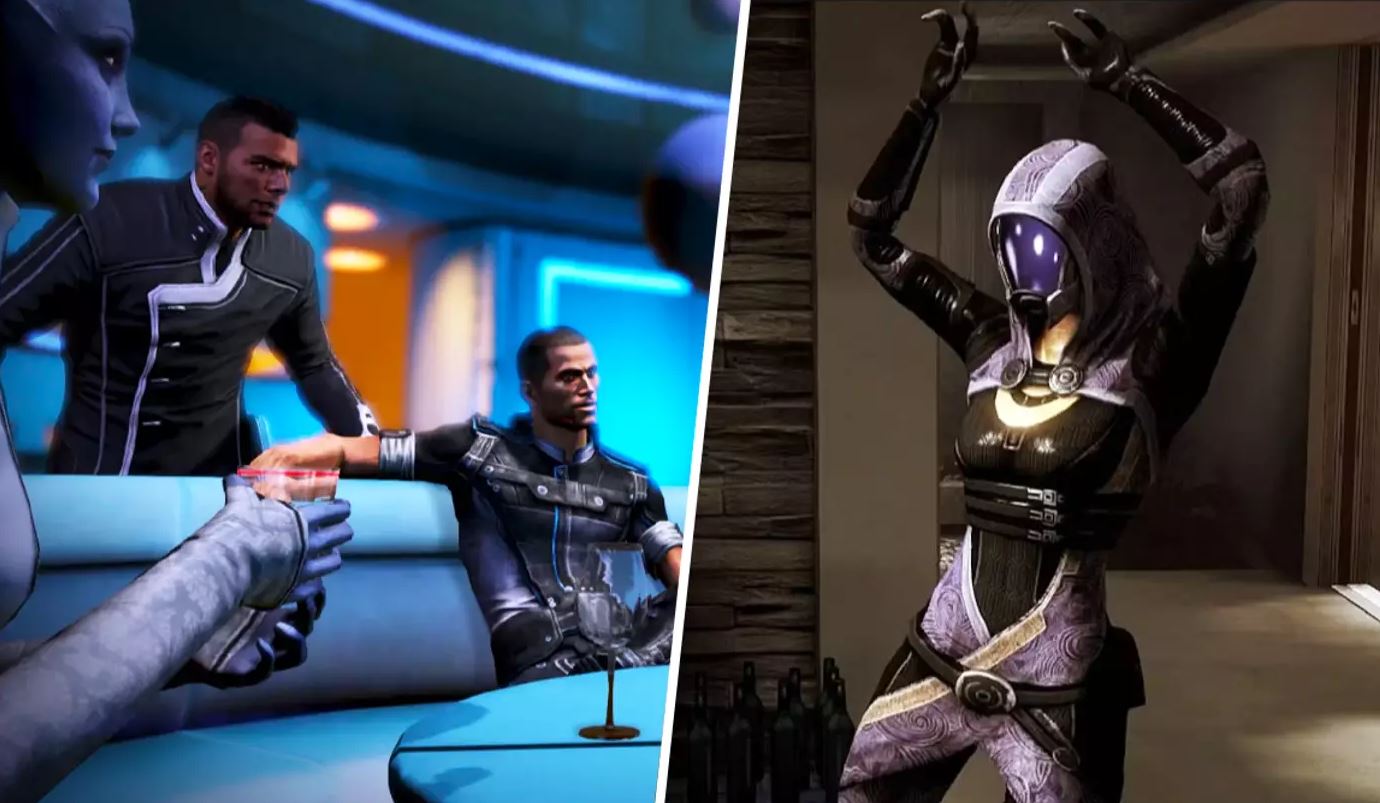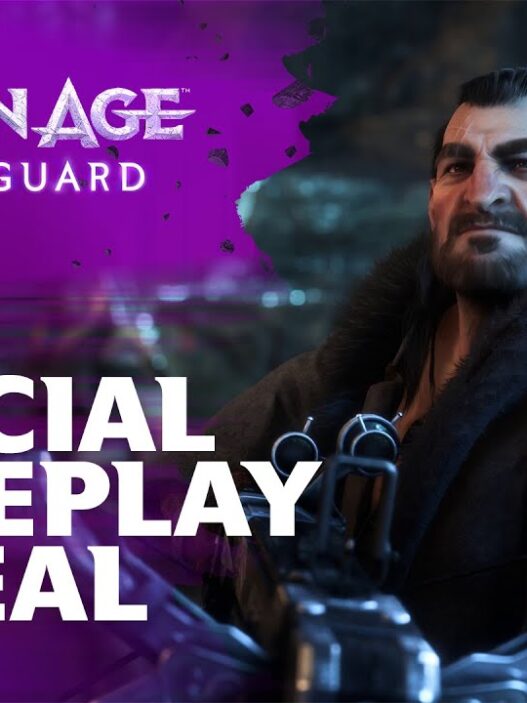Love her or loathe her, Shadowheart, the brooding cleric from Baldur’s Gate 3, has become a central figure in the game’s narrative and a popular choice for romance. But did you know her initial incarnation was far sharper, even bordering on mean-spirited?
Early Access players of Baldur’s Gate 3 will recall a Shadowheart known for her biting wit and fiery temper. This “sassy” version, as some players affectionately called her, quickly gained a devoted following. However, internal feedback during development revealed a crucial issue: Shadowheart’s constant barbs were creating a party dynamic strained by distrust.
This highlights the fascinating interplay between developers and players in the world of Early Access gaming. Baldur’s Gate 3 is a prime example of how player feedback can significantly impact the final product. In Shadowheart’s case, the developers made the decision to dial down her sassiness, aiming to create a more cohesive and believable party dynamic.
While the toned-down Shadowheart found in the final release has its fans, there’s a lingering curiosity about the “original recipe.” This writer, for one, can’t help but wonder how the game’s relationships would have played out with a more abrasive Shadowheart. Would it have fostered a more antagonistic “tough love” dynamic within the party? Would it have made her eventual moments of vulnerability and trust all the more impactful?
These are questions that, unfortunately, remain unanswered in the official release. However, the desire for the “original Shadowheart” experience persists among some players. Perhaps a future update could introduce an optional mode that allows players to experience the game with the unfiltered sass of the early access version. This would offer a fascinating glimpse into the development process and allow players to explore a different facet of Shadowheart’s character.
Ultimately, the story of Shadowheart’s transformation underscores the power of player feedback in shaping the world of Baldur’s Gate 3. It’s a testament to the developers’ willingness to listen to their audience and a reminder that the games we play are often a collaborative effort between creators and consumers.









